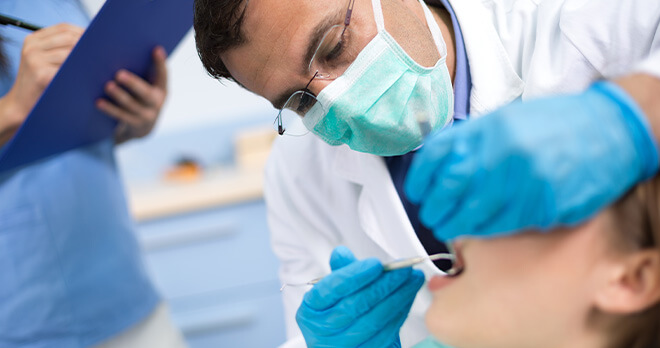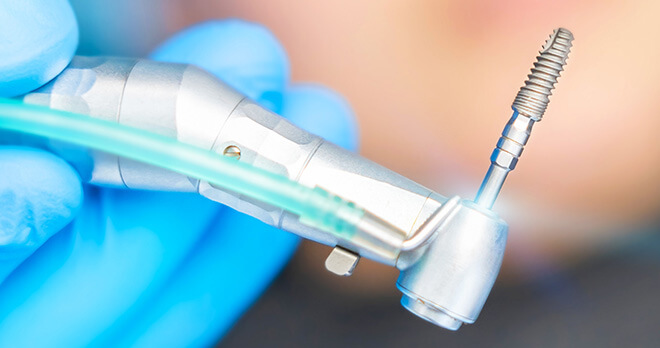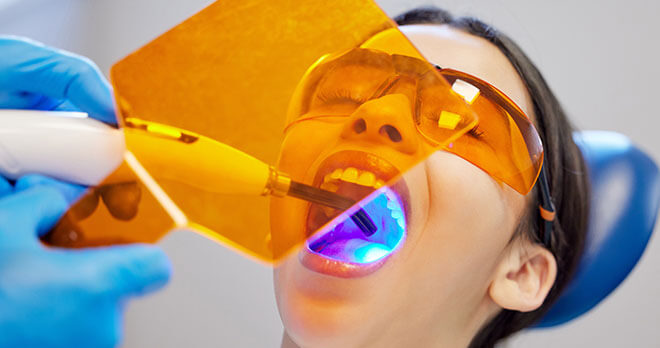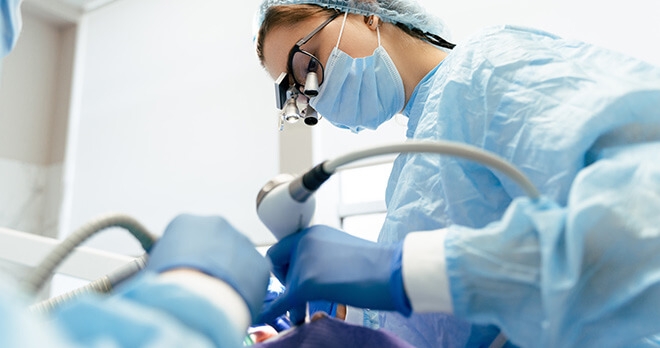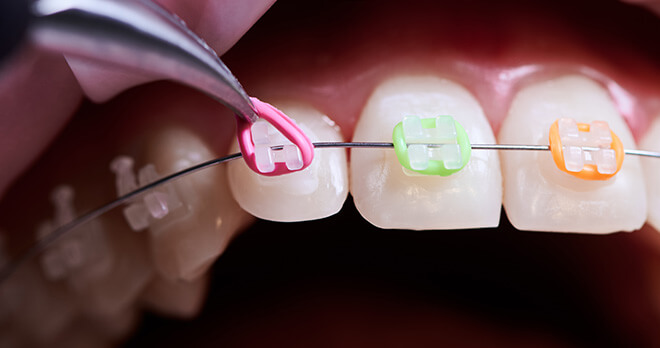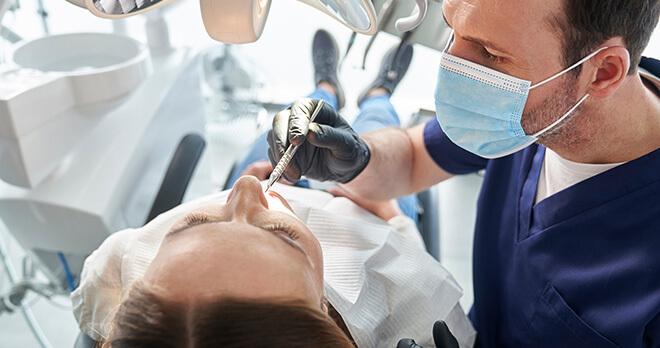Failing to take dental x-rays
Failing to take dental x-rays can lead to dental problems if they are not carried out at all or carried out too infrequently. This can lead to the need for treatment which may not have been necessary if an x-ray had been carried out. In some cases it can lead to the loss of teeth if the teeth are unable to be restored.
Why dental x-rays are needed
X-rays are used by dentists to help them identify problems with the teeth, mouth, gums and jaw. By way of some examples, x-rays can be used to:
- Monitor decay.
- Show decay that is not directly visible in the mouth and will also show the size and depth of a cavity. This will assist the dentist in deciding what type of filling will need to be used for that particular tooth.
- Reveal the extent of bone loss in patients who are suffering from gum disease.
- Reveal an infection.
- Reveal abnormal growths, such as a tumour.
- Determine the length of roots when carrying out a root canal treatment or extraction.
- Determine whether there is enough space in the mouth for new incoming teeth.
- Monitor the development of wisdom teeth.
How often are x-rays carried out
If you are a new patient, the dentist will normally take x-rays at the initial visit to be able to assess your mouth and determine whether any treatment is necessary. After this, it is considered good practice to have x-rays taken every one to two years.
However, this may vary depending on the dental history of a patient, such as whether they have poor oral hygiene and whether they continue to get new cavities. It will also depend on the age and current condition of the patient’s mouth. It may therefore be the case that x-rays are required more frequently and your dentist should assess this based on individual circumstances.
Our experience
As specialist dental negligence solicitors we see many clients who have undergone extensive treatment and tooth loss which, after our investigation into their treatment, has been found to be due to dentist failing to take dental x-rays or failing to act upon x-ray results.
The Dental Negligence Team secured a substantial sum for one client following the failure of his dentist to diagnose the presence of an established infection following radiographs. The man experienced unnecessary pain and suffering and would require the removal of his upper left central incisor and upper left lateral incisor teeth. He would also require bone grafting prior to the placement of two dental implants with crowns.
If you feel you or a family member has suffered from a dentist failing to take x-rays which has resulted in a delayed diagnosis or increased treatment, then it is important that you seek advice from a specialist dental negligence solicitor, such as those in our Dental Negligence Team who can advise on the merits of a possible dental negligence claim.
Got a question?
You can call the team on 0800 923 2080 or message them to understand more about you potential compensation claim for dental negligence. We will get back to you at a time that is convenient to you.
Common claim types
Insights and opinions
View more articles related to Cosmetic dentistry, Crowns and bridges, Dental implants, Dental nerve damage, Extractions, Gum disease, Information, Mouth cancer, Orthodontics, Root canal treatment, Tooth decay and Wisdom teeth
